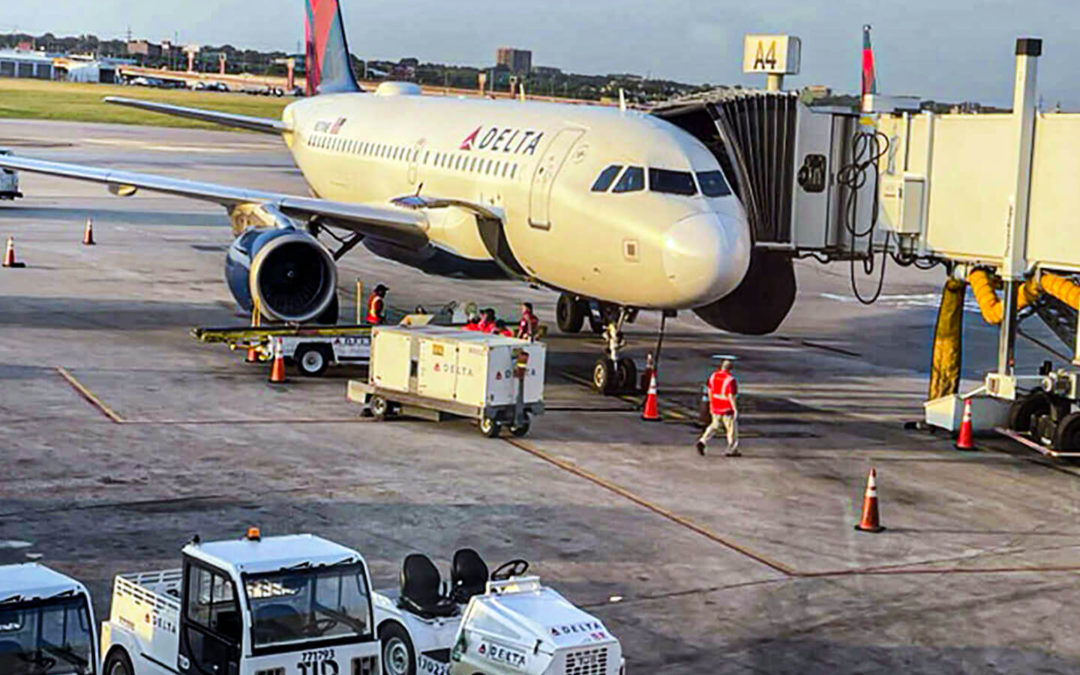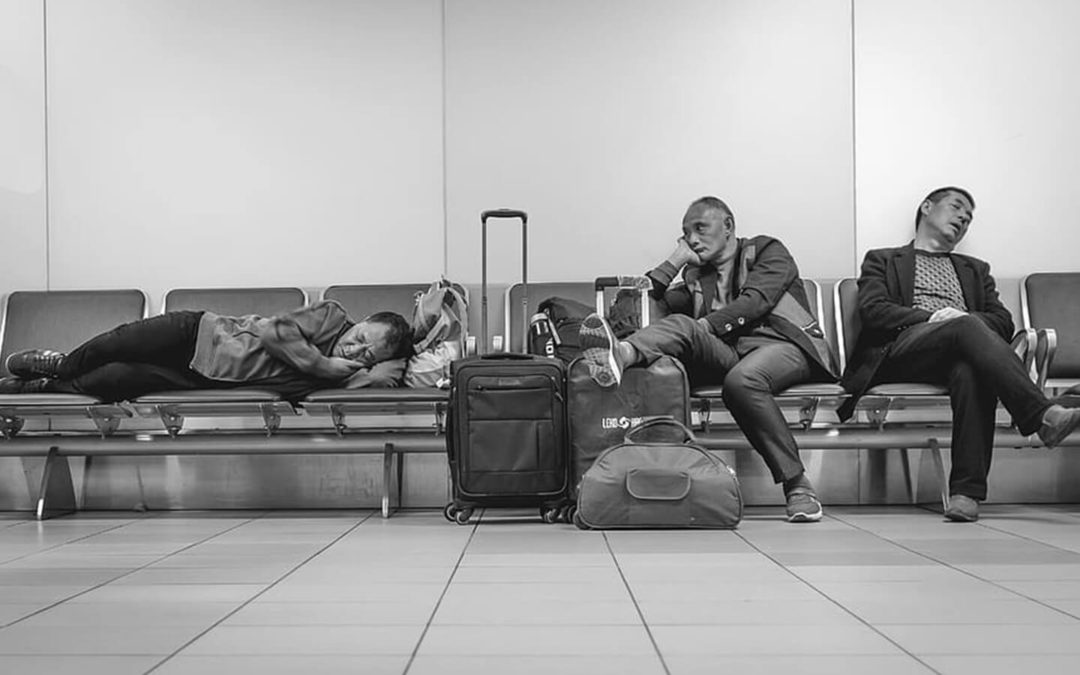
by Eric Price | Jul 3, 2023 | Community Service, Education, Front Page, GOIAM Stories, Other News, Recent News, Row 2
Hurry, There’s Still Time! Thousands of Dollars in Scholarship Money is Available! IAM141.org July 2, 2023 Calling all members of Machinists Union District 141! If you’ve ever considered continuing your education or know someone who is, now is the time to...

by Eric Price | Jul 1, 2023 | Front Page, Other News, Recent News, Row 2, United
United CEO Scott Kirby Takes a Private Jet Amid Thousands of Flight Cancellations IAM141.org July 1, 2023 Scott Kirby, the CEO of United Airlines, issued an apology on Friday for his decision to board a private aircraft amidst the flight cancellation chaos that left...

by Eric Price | Jun 29, 2023 | Front Page, Other News, Recent News, Row 2, Safety
Ingestion Fatality at SAT Airport Ruled a Suicide IAM141.org June 29, 2023 In a tragic incident late Friday night at San Antonio International Airport, a ground crew member, David Renner, 27, lost his life after he was pulled into the engine of a Delta Air Lines...

by Eric Price | Jun 28, 2023 | Front Page, MNPL, Other News, Recent News, United
The Perfect Storm: How Weather and Staffing Woes Are Disrupting US Airlines IAM141.org June 28, 2023 The past week saw a surge of US airline passengers left high and dry as extreme weather caused a multitude of grounded planes and flight cancellations. However, the...

by Eric Price | Jun 22, 2023 | Community Service, Front Page, Other News, Recent News, Row 2
Retired Guide Dog Britta Takes Center Stage at Denver Charity Fundraiser IAM141.org June 22, 2023 On the vibrant green fairways of Broadlands Golf Course near Denver, Colorado, a special guest named Britta stole the show at an annual golf charity event hosted by...






